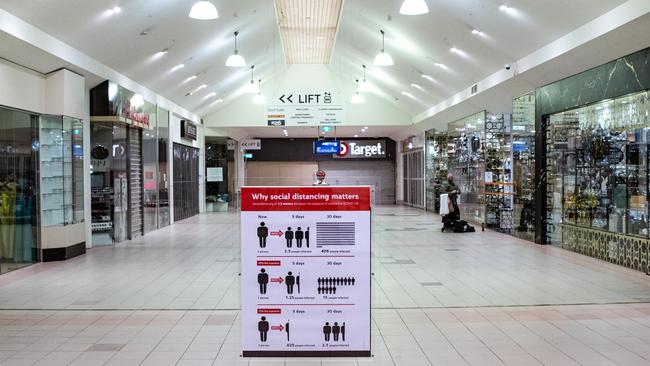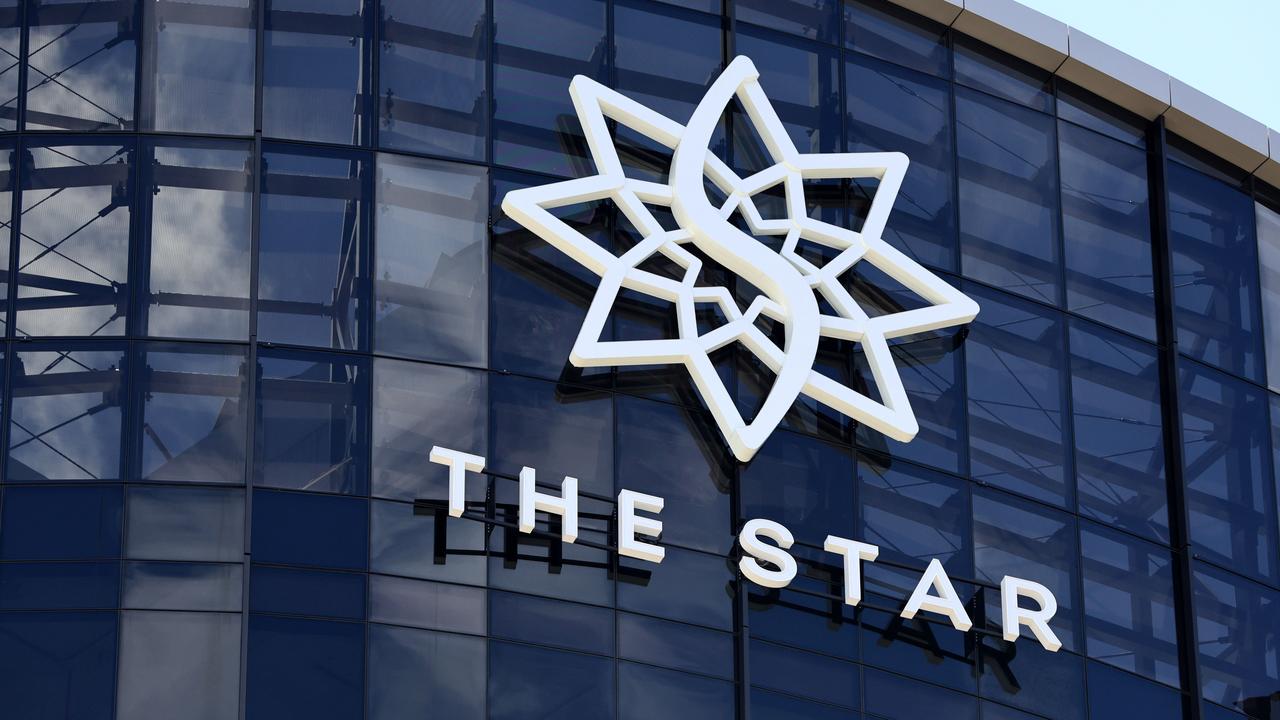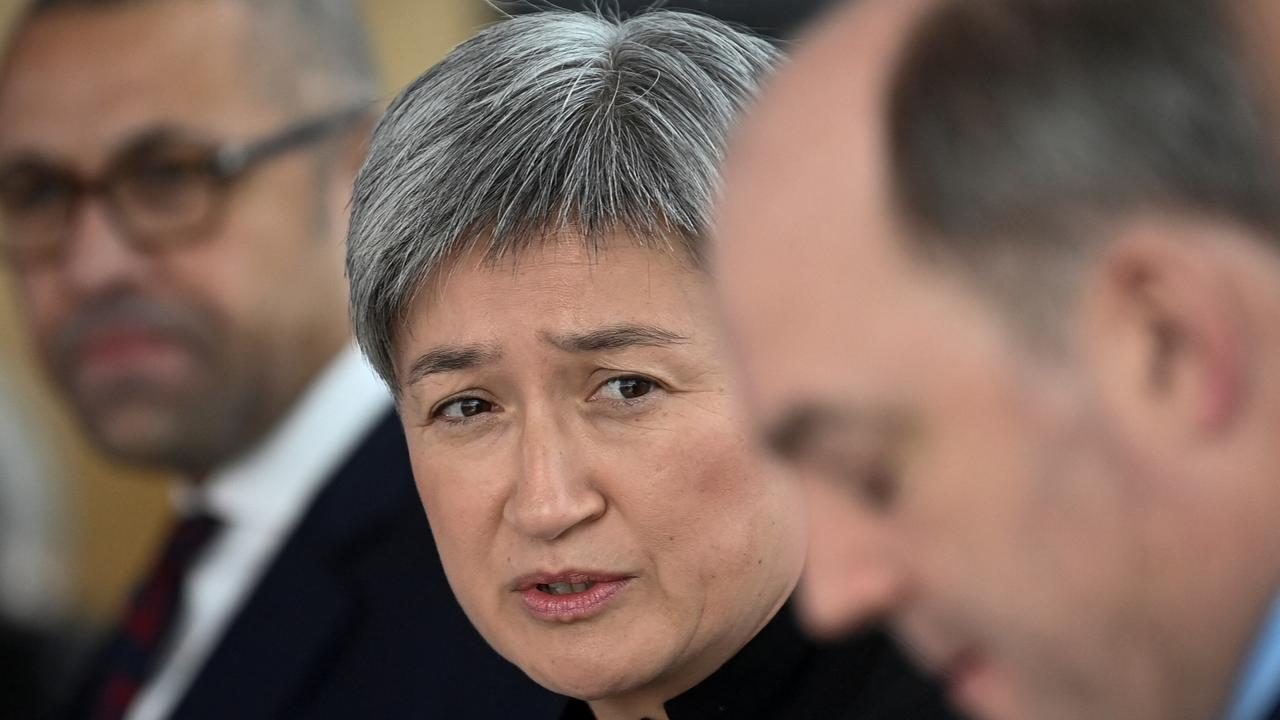
The recorded figure for the unemployment rate was 4.5 per cent, the lowest figure for 13 years. It was down from 4.6 per cent in July. There were 146,000 fewer employed people last month compared with the previous month and the number of hours worked fell by a staggering 3.7 per cent, the largest fall in 30 years.
The rate of unemployment fell because more people dropped out of the labour market than the number of people who lost their jobs. Last month the participation rate – the proportion of the working-age population in employment or who are seeking employment – fell by 0.8 percentage points, having fallen by 0.2 percentage points in July.
Note that workers who have been stood down for more than four weeks are not counted as employed. Most of them also will not have been looking for work and therefore are not counted as unemployed.
Unsurprisingly given the incidence of the lockdowns, the recent deterioration in the labour market was most severe in NSW and, to a lesser extent, Victoria. Young people and women were the worst affected groups.
Josh Frydenberg had the good sense not to brag about the recorded unemployment rate; he knows it’s a nonsense figure at the moment in terms of giving an indication of the state of the labour market or yielding information about the economic outlook. Closed international borders also are limiting the growth of the labour force and affecting the official figures. Additionally, the federal Treasurer doesn’t want anyone holding him to his stated intention of beginning to repair the budget when the unemployment rate has a four in front of it. It might be a four, but it’s not the kind of four he’s looking for.
So what’s the outlook for the economy when the restrictions associated with the Delta strain begin to lift? Before Delta, the Australian economy was travelling well. With the exception of Victoria, the lockdowns had been short and the much vaunted V-shape recovery was in evidence.
The unemployment rate peaked at 7.4 per cent in June last year and began a continuous decline starting in October. Real gross domestic product responded strongly and by the June quarter this year it exceeded the pre-Covid level. Surging public spending and a bounce back in private demand meant the economic recovery in the second half of last year was especially strong.
The net effect was that the downturn in economic activity Australia experienced last year was much less significant than in most other developed economies.
The outlook this year is much less encouraging. Spending has been much less affected during the lockdowns this year than was the case last year. This means there is less scope for a significant bounce back. To illustrate this point, in the June quarter last year the saving ratio hit a high of 22 per cent. In the June quarter this year, the ratio was 9.7.
There is also the ongoing uncertainty of what restrictions will remain in place and the timing of any further easing. Not only does this affect consumer sentiment, it also affects the incentives for people to plan. Live in Sydney and fancy a trip to Queensland? It’s not just that this isn’t currently possible, there is also a reasonable chance any travel plans put in place could be up-ended by suddenly announced restrictions. At this stage, it looks like a better bet for a Sydneysider to book an overseas trip, in which case the economic benefits flow to the destination country.
There is also the unknown effect on behaviour of Covid still circulating when most restrictions are lifted. Given the unlikelihood of doughnut days, at least in NSW and Victoria, there will be private responses to the threat of the virus that have nothing to do with government-mandated limitations. While those fully vaccinated may feel some confidence about resuming activities, there is likely to be a degree of caution, particularly among older folk. This will influence the timing and extent of economic recovery.
We also don’t know how many mothballed businesses will reopen when restrictions are lifted. Many are on life support by dint of various forms of government assistance. It’s unlikely all will be opening their doors even if most of the restrictions are removed. Many suburban shopping strips are filled with empty shopfronts and the CBDs of Sydney and Melbourne are virtual wastelands.
Another recent development is the collapse in the iron ore price that partly underpinned the strength of the economy in the past financial year. In the year ending in the June quarter, the terms of trade (the ratio of export to import prices) had risen by 24 per cent, with the iron ore price peaking in June at about $US222 a tonne. Now it is about $US105, a fall of more than 50 per cent. Given the importance of the iron ore price to the federal and West Australian budget positions, the recent fall is something to watch.
Having said this, the prices of other commodities, including coal, remain high and the agricultural sector is having a bumper season. (There have been poor seasons in many other countries.)
The bottom line is the economic recovery after the Delta variant has subsided is likely to be more subdued than the recovery late last year and early this year. Not only has government support been less than last year but the scope for consumer spending to bounce back is more limited.
These developments will play into the election campaign, which is likely to occur early next year. Hopefully, most of the restrictions will have been lifted by this stage, and state and international borders will be open. Even so, we should not expect the economy to be roaring back to life as was the case earlier this year; too much has changed since then.




Last week’s unemployment figures for August painted a paradoxical story of the state of the labour market and the economy.